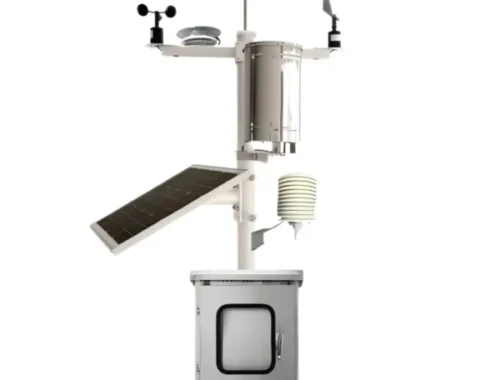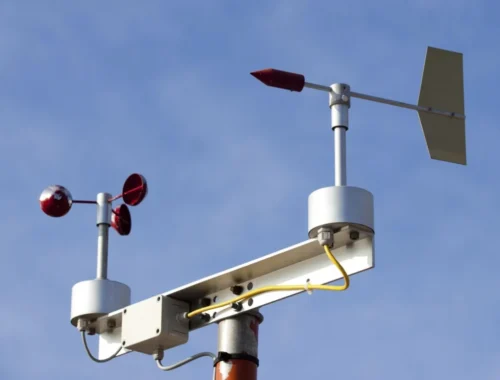Vestager’s first year: Tech’s in, cartels out
European Commissioner for Competition Margrethe Vestager | EMMANUEL DUNAND/AFP/Getty Images
Vestager’s first year: Tech’s in, cartels out
Predecessor helps define the EU competition commissioner’s early moves in office.
For all the headline-grabbing antitrust charges the European Commission filed last year — Google, Gazprom, MasterCard, Qualcomm and Disney, to name a handful — Europe’s competition czar Margrethe Vestager is still playing catch-up.
After her first year in office, Vestager is designing her legacy while wrestling with unfinished business from her predecessor, the Spaniard Joaquín Almunia.
“One thing that has been quite impressive is [how she is putting] the pedal down dealing with the backlog of cases from Almunia,” said Philippe Noguès, a competition lawyer at O’Melveny & Myers.
Almunia’s five years as competition commissioner were tumultuous. Amid the fallout of the financial crisis, the former commissioner for economic affairs and Socialist potentate held sway over bailouts worth tens of billions of euros.
Yet Almunia’s high-handed manner and taste for the public stage alienated lawyers and officials alike, and he left office with key cases unresolved.
Dealing with that handover has been at the heart of Vestager’s 2015. She redirected investigations against Google, and escalated the cases against Gazprom, Qualcomm and the Hollywood movie studios. At the same time, she suddenly closed probes into U.S. investment banks and global cement makers.
Vestager’s actions telegraphed her priorities for the next four years and set her apart from her predecessor.
Her insistence on the need for due process and her approachable manner created distance between the young Danish liberal and the retiring Spanish Socialist.
Her targets reflect an increasingly digital world and the power of U.S. tech giants, as well as the waning control of industry cartels that her predecessors liked to hunt.
“Vestager is more interested than Almunia was in policy, and clearly in online and tech issues,” said Sven Völcker, an antitrust lawyer at Latham & Watkins.
The launching of a sector-wide inquiry into e-commerce revived a tool that had been overlooked by Almunia, and portends more tech antitrust cases.
“She is the kind of person who will look very carefully at what is in the pipeline: What to select, what needs to be done and can be brought to an end within her term,” said Götz Drauz, an antitrust lawyer at Wilson Sonsini Goodrich & Rosati.
In that respect, her early reign most resembles that of Neelie Kroes, competition commissioner from 2004 to 2010.
In her first year, Kroes charged Microsoft with ignoring a Commission antitrust decision, raided Intel’s European offices and charged elevator manufacturers with collusion. The cases became emblematic of her tenure, raking up billions of euros of fines and earning her the moniker “Steely Neelie.”
Few cartel cases
Notably absent in Vestager’s case files are the big cartels that provided both Kroes and Almunia with a grandstand to rail against corporate greed and abuse, while siphoning off billions of euros in fines.
Kroes, in her first year in office, collected cartel fines totaling almost €700 million. That was dwarfed by Almunia, whose punishment contributed almost €3 billion to the European Union budget.
Almunia declined to comment. Kroes did not respond to a request for comment.
Their aggressive efforts may help explain why Vestager’s cartel-busters collected just €364 million in fines last year.
Instead, she surprised antitrust lawyers by dropping charges against the world’s largest investment banks and global cement producers. Her office has also quietly abandoned investigations into oil giants, makers of computer screens and manufacturers of plastic pipes.
“This evolution is perhaps the most important one of the last 12 months. It is so rare for the Commission to dump a case,” said Nicolas Petit, a professor of antitrust law at the University of Liege in Belgium.
In terms of output, Vestager’s first year shaped up differently than that of her predecessors. Almunia, who was described by one antitrust lawyer as “The Great Settler,” settled five antitrust probes in his first 12 months. Kroes settled two probes, and issued sanctions in cases against Peugeot and AstraZeneca.
As for Vestager, she closed two antitrust probes. By contrast, she opened full-blown inquiries into 10 mergers, almost double that of her predecessors.
Lawyers consulted by POLITICO declined to draw firm conclusions from these figures saying that the commissioner’s output in her first year largely reflects what was on her desk when she arrived, and the ebb and flow of mergers and state aid in the economy.
Blocking mergers
In 2001 Mario Monti, the European commissioner for competition from 1999 to 2004, blocked GE’s takeover of rival Honeywell. Ever since, EU antitrust officials have haunted the dreams of deal-makers and their advisers.
Almunia was notorious for sinking several mega-mergers, including New York Stock Exchange’s bid for Deutsche Börse or United Parcel Service’s swoop for logistics rival TNT.
Judging by Vestager’s first year, the nightmares will continue. She has torpedoed at least two deals and extracted hefty concessions from others in exchange for her blessing.
A rematch with GE provided an early test of her mettle. She forced the world’s largest industrial company to sell off factories and technology to ensure clearance for its €8.5 billion deal for the energy business of Alstom.
Yet more controversial was her steadfast opposition to a merger between two Danish mobile businesses. Her stand sent shockwaves through the industry, which is under siege from competitive pressures.
An industrial packaging deal also fell apart under her unflinching stare.
Taxing state aid
Almunia may go down in history as the commissioner who forced Europe’s bankers to bow to state aid rules. Time and again he forced banks (and their government backers) to sell off vanity businesses or accept embarrassing write-downs in exchange for vast bailouts.
Like Almunia, Vestager has kept the spotlight on state aid cases. Her probes into the murky deals between tax authorities and giant multinationals could affect thousands of deals across Europe and form a major plank of her legacy.
Yet they have lagged and lacked sizzle.
Despite initial promises to conclude tax probes into Fiat, Starbucks, Amazon and Apple by the summer, the Commission closed just two. Vestager has since acknowledged that she initially underestimated the complexity of the investigations.
In October, she ordered the Netherlands to claw back just €25 million to €30 million in unpaid tax from a Starbucks subsidiary. Luxembourg was told to collect a similar sum from a Fiat Chrysler Automobiles subsidiary. Those sums pale in comparison with other state aid cases.
“In one sense it is positive that she does not rush into difficult cases,” said Drauz, the lawyer.
Vestager’s most potent moves so far have been against industry titans that have refused to bend to the Commission’s will. In her first 12 months in the job, she has accused Google, Gazprom, MasterCard and Qualcomm (twice) of breaching EU law, opened inquiries into Amazon and an additional one against Google and expanded probes into e-commerce and corporate tax.
Given the stakes and complexity of many of these cases, her successor may also have a very interesting first year.
This article was first published on POLITICO Pro.
You May Also Like

Automatic Weather Station: An Overview of Its Functionality and Applications
March 14, 2025
Wind Speed Measurement Instrument: An Essential Tool for Accurate Weather Monitoring
March 19, 2025